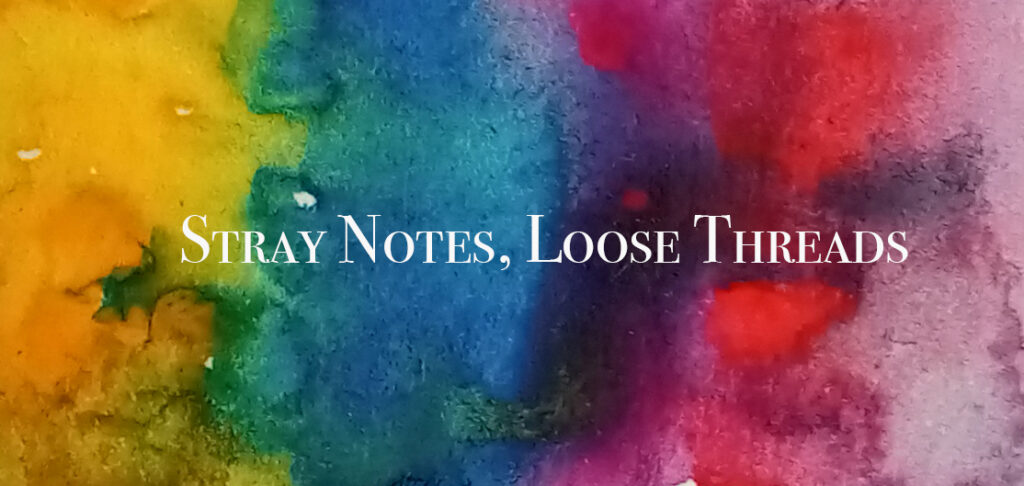This playlist features:
Songlines by Nyoongi and Rüdiger Oppermann
Australia meets Europe in Songlines, a piece that combines plucked strings with didgeridoo. Songlines are the walking music that Aboriginal people memorise to travel safely and to pass on ancestral routes.
In a Landscape by John Cage, performed by Alexei Lubimov
American composer, John Cage, is known for his experimental and sometimes controversial music. In this piece, played by Russian pianist and harpsichordist, Alexei Lubimov, the dance music is meant for “quietening the mind”.
Zimbabwe by Derek Fiechter
Derek Fiechter is a “self-taught musician who loves composing beautiful landscapes and magical realms”.
Cave Paintings by Ha the Unclear
This New Zealand, Dunedin-born band makes music that mixes surrealism with banality. Can you imagine what a love story told from the perspective of a coffee table is like?
Sanctuary by Bushman
Bushman (Dwight Marvin Duncan) is a Jamaican musician who was part of the roots reggae resurgence in the 1990s.
This is the history of the baboons from The Okavango Macbeth by Alexander McCall Smith and Tom Cunningham
An opera about… well, baboons, that premiered in 2009 in Botswana.
Down Under by Men at Work
Instantly recognisable as an Australian classic, this song became controversial when it was shown that part of the accompaniment uses a riff from another classic, Kookaburra. What is possibly less well-known is that the song is a warning against the over-exploitation and sale of the country by overseas interests.
Scatterlings of Africa by Johnny Clegg and Savuka
This was the song that introduced Johnny Clegg’s band Savuka to Western audiences in 1982. In it the band explores the “multiple dislocations of South African society”.
Dance Monkey by Tones and I
Catchy and irresistible tunes and rhythms characterise this Australian’s song, but that hides the real meaning. It was written while the musician, the first female musician to reach 3 billion streams of her music, was busking on the street, and it describes how the public always wants more… and better.
A Catalogue of Afternoons by Max Richter
Max Richter’s piece explores memory’s persistence even through present-day anxieties and uncertainties about the future.

Leave a Reply